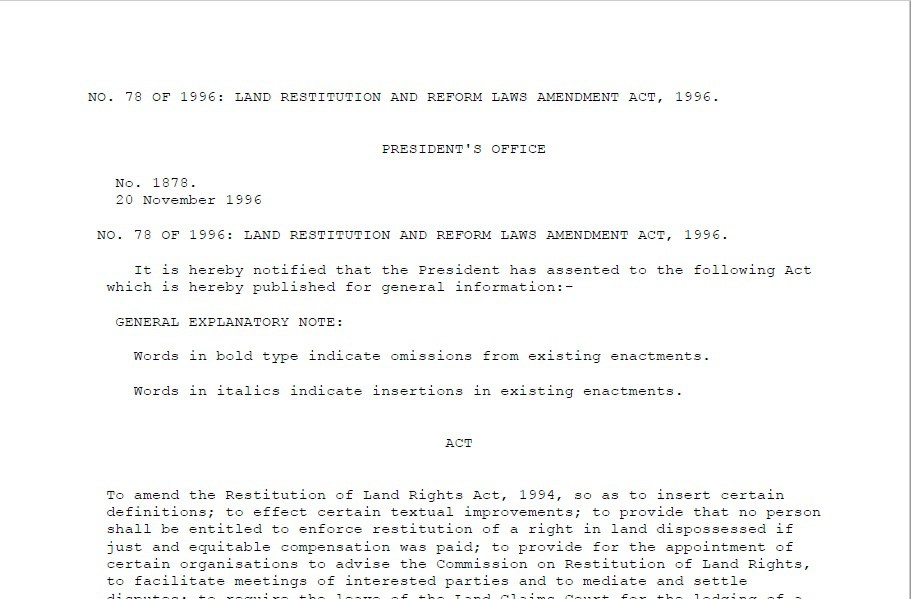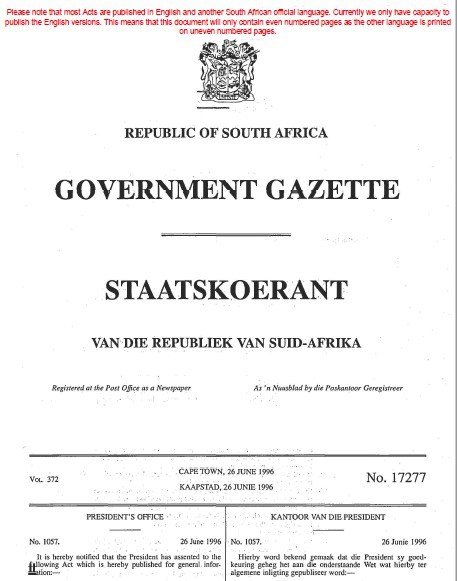No Home, No Future
As many illegal immigrants wish to live in Thailand permanently, another serious problem arises - the growing number of stateless children. Between 1993 and 1996, the Mae Sot Hospital near the Thailand-Burma border delivered 2,202, 2,026, 2,031 and 2,077 stateless babies respectively.







